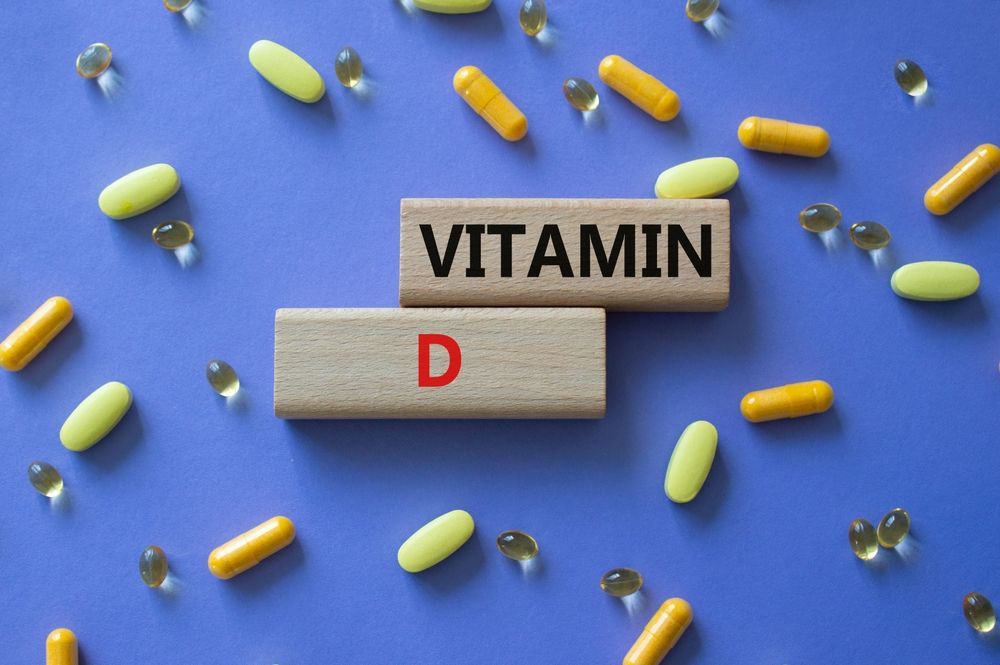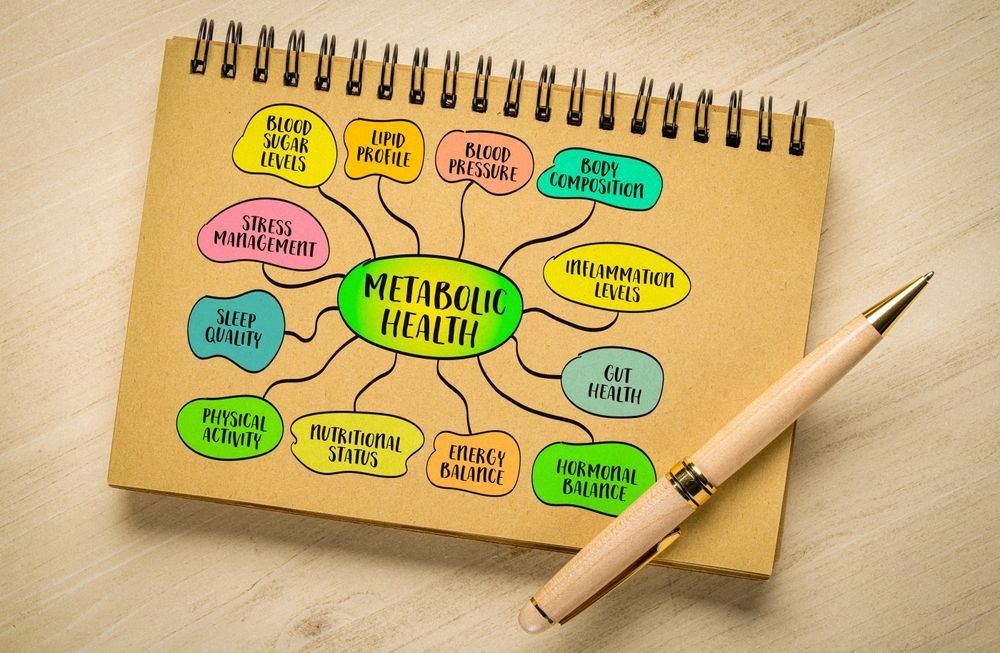IV Therapy with Vitamin D for Strengthening Immune Health

As debates on wellness solutions continue, IV therapy paired with vitamin D emerges as a promising option for enhancing immune health. This approach provides a direct infusion of nutrients into the bloodstream, aiming for quick and efficient results.
Understanding the Role of Vitamin D in Immune Health
Vitamin D is often dubbed the "sunshine vitamin" because our bodies can synthesize it when exposed to sunlight. However, many people struggle to maintain optimal levels due to lifestyle factors, geography, or health conditions. This deficiency can have detrimental effects on health, particularly on the immune system.
The Vital Functions of Vitamin D
Vitamin D plays several vital roles in the body beyond maintaining bone health. It is crucial for cellular function, and deficiency can lead to increased susceptibility to infections. The immune system relies on vitamin D to regulate and signal immune responses, ensuring that it can effectively combat pathogens.
How Vitamin D Supports the Immune System
Research has shown that vitamin D is integral not just for the physical aspects of immunity but also for its regulatory functions. It helps to decrease inflammation and modulates both innate and adaptive immune responses. This means that adequate levels of vitamin D can bolster your immune defenses, making it an essential nutrient especially in cold and flu season.
Moreover, vitamin D's influence extends to the production of antimicrobial peptides, which are essential components of the body's first line of defense against pathogens. These peptides help to destroy bacteria and viruses, highlighting the importance of maintaining sufficient vitamin D levels not just for general health but specifically for enhancing the body's ability to fend off infections. Furthermore, studies have indicated that individuals with higher vitamin D levels tend to experience fewer respiratory infections, suggesting a direct correlation between vitamin D status and immune resilience.
In addition to its immune-boosting properties, vitamin D also plays a role in the prevention of chronic diseases. Emerging research suggests that adequate vitamin D levels may reduce the risk of developing autoimmune diseases, where the immune system mistakenly attacks healthy cells. This underscores the importance of not only obtaining vitamin D through sunlight but also through dietary sources such as fatty fish, fortified foods, and supplements, especially for those at risk of deficiency due to limited sun exposure or other factors.
The Concept of IV Therapy
Intravenous (IV) therapy is a method of delivering fluids and nutrients directly into a person's bloodstream. This approach can provide immediate effects and bypasses potential digestive barriers. It has gained popularity not only in medical settings but also in wellness clinics, where individuals seek to enhance their health and vitality through nutrient-rich infusions.
The Basics of Intravenous Therapy
IV therapy typically involves inserting a needle into a vein, through which a saline solution or vitamin complex is administered. It ensures that the nutrients are absorbed quickly and effectively, making this method particularly beneficial for those with absorption issues or higher nutritional needs. The procedure is usually performed in a comfortable setting, allowing patients to relax while receiving their treatment. In many cases, the infusion can take anywhere from 30 minutes to a couple of hours, depending on the specific cocktail of nutrients being delivered and the individual’s health goals.
Why Choose IV Therapy for Vitamin Delivery?
Opting for IV therapy over oral supplements has several benefits. Immediate absorption is one of the most significant advantages as nutrients are delivered directly into the bloodstream, ensuring maximum bioavailability. For those who require higher doses or have difficulty swallowing pills, IV therapy can be a more practical solution. Additionally, the therapy can be tailored to meet specific health needs, such as boosting energy levels, enhancing immune function, or even improving skin health. Many clinics offer customized blends that can include a variety of vitamins, minerals, and antioxidants, allowing patients to target their unique health concerns effectively.
Moreover, IV therapy can also play a crucial role in recovery from illness or intense physical activity. Athletes, for instance, often utilize IV infusions to replenish electrolytes and nutrients lost during rigorous training sessions or competitions. This not only aids in faster recovery but also enhances overall performance. Furthermore, with the rise of wellness culture, many individuals are turning to IV therapy as a preventative measure, aiming to maintain optimal health and stave off potential deficiencies before they become problematic.
The Process of IV Therapy with Vitamin D
Many people are curious about what happens during an IV vitamin D infusion. Understanding the process can alleviate common anxieties associated with medical procedures.
Preparing for Your IV Therapy Session
Before your session, your healthcare provider will typically assess your health history to determine the appropriate dosage and ensure IV therapy is suitable for you. Staying hydrated is always recommended as it can help ease the infusion experience. You may want to wear comfortable clothing, as the treatment usually takes place in a relaxed setting.
What to Expect During the Procedure
The IV therapy session itself can last anywhere from 30 minutes to a few hours, depending on your needs and the complexity of the treatment. You’ll be seated or lying down, and the healthcare provider will insert the IV line into your vein. While some people feel a slight pinch upon insertion, most find the experience quite manageable. Once the infusion begins, you can often relax, read a book, or even watch television.
Benefits of IV Therapy with Vitamin D
IV therapy combined with vitamin D offers several compelling advantages that can have both immediate and long-term effects on your health.
Immediate Absorption and Increased Bioavailability
One of the primary benefits of IV therapy is the immediate absorption of nutrients. Unlike oral supplements, which can take time to be processed, an IV infusion delivers vitamin D straight into the bloodstream. This fast-tracks its action, allowing for quicker physiological changes and potential immune support.
Personalized Vitamin D Dosage
Another significant advantage of IV therapy is the ability to customize the dosage according to individual needs. This bespoke approach ensures that deficiencies can be addressed specifically, maximizing the benefits of vitamin D therapy.
Potential Side Effects and Risks
While IV therapy is generally safe and well-tolerated, it's essential to be informed about potential side effects and risks associated with the procedure.
Common Side Effects of IV Therapy
Some individuals may experience mild discomfort at the injection site, including bruising or swelling. Other potential side effects may include dizziness, a headache, or a metallic taste in the mouth during the infusion.
These effects are usually temporary and resolve quickly after the treatment concludes.
Understanding the Risks and Precautions
As with any medical treatment, risks exist. It’s crucial to consult with a healthcare professional who can monitor your individual health condition and determine the right course of action. Allergic reactions, though rare, can occur, so ongoing evaluation is necessary to ensure safety throughout the therapy process.
In conclusion, IV therapy with vitamin D offers an effective way to enhance immune health, especially for those at risk of deficiency. With its array of benefits, it could be a valuable tool in your wellness arsenal, paving the way for a healthier immune response.










